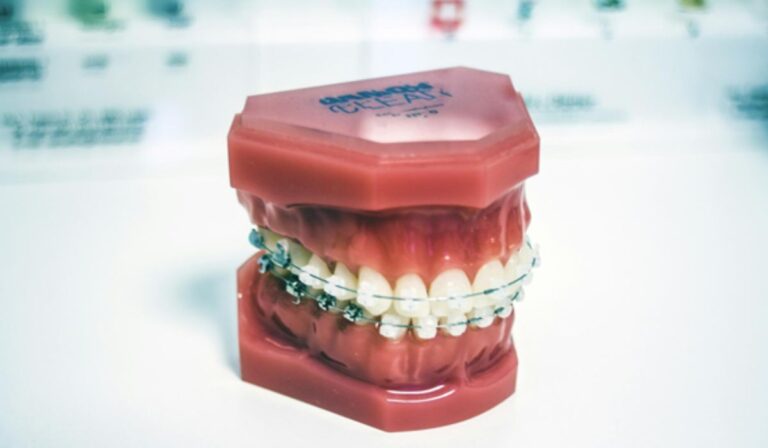When To Call Crime Scene Cleanup Greensboro
Since usually we only see crime scenes in movies and on TV, many people are familiar with the fundamentals: police investigate most violent incidents, gather enough evidence, and usually attempt to determine how the crime happened. You may also be unaware that typically none of these investigating individuals tidy up any of the areas they were working on, leaving mostly bereaved family members to deal with every trace of a death.
Cleanup services for violent crime scenes are often useful in this situation. Since not all instances like these are connected to crimes, the term “crime and trauma scene decontamination” is a more fair and accurate description for this service.

Crime Scene Cleanup: What Is It?
A specialty service that includes clearing up a lot of hazardous materials is crime scene cleanup. Remediation may be necessary at any number of locations, including chemical accident sites and polluted death scenes (independent of the reason for the death).
Restoring the scene to its pre-incident state is the responsibility of crime scene cleaners. The Greensboro Crime Scenes Cleanup Experts refer to this as cleanup.
The family doesn’t always leave the home when someone dies there. The cleaners are supposed to eliminate all traces of the event and any potential biohazards.
Transporting and then disposing of biohazardous, regulated trash would also require certain permits; nevertheless, these crime scene cleaners frequently possess the necessary authorizations, expertise, and readiness to carry out this difficult task.
These cleaners also are aware of what tasks they need to perform in specific circumstances since there is no doubt various incidents require varying degrees of hazardous cleaning. Suicides that are caused by gunshot wounds to the head, for instance, would typically often result in a great deal more blood than those from shots to the chest.
Nevertheless, each of these situations is approached by crime scene cleanups in the same manner: as a possible source of bloodborne infections.
What Do Services for Crime Scene Cleanup Do?
Accidents and the ensuing messy deaths present a serious number of hazards that can be invisible to the untrained eye. In addition to bloodborne pathogen-induced diseases, body fluids that could be trapped between walls or floors can also cause illnesses years later.
Depending on the criminal nature of the biological occurrence and the volume of biohazardous material that is present, cleaning up a site can take anything from hours to several days. Frequently, these cleaners utilize hospital-grade disinfecting or cleaning agents to remove all of the remaining body fluids and even blood from all of the surfaces.
In certain instances, it becomes necessary for cleaners to remove bone pieces or fragments that have been lodged in the walls and ceiling as well as brain tissue.
Because the blood they have devoured contains germs (https://www.cancer.gov/publications/dictionaries/cancer-terms/def/germ), crime scene cleaners would not only need to clean up the actual scene but also locate and burn or destroy any larvae that might have escaped the body.
Crime scene cleanup crews frequently need to remove buildings to eradicate these fluids and viruses since they infiltrate and soak into the wooden floors and structures.
What Crime Scene Cleaners Need to Know
The key requirements for crime scene cleaners are the capacity to handle the gore of the site; empathy to help bereaved victims of occurrences while gathering the necessary legal evidence to complete the task at hand and the capacity to mentally step back from it.
The work is not for everyone since it often requires stepping around a fine line between job sensitivity and emotional detachment. For this reason, employers put potential employees through rigorous physical and psychological testing to ensure they can handle the responsibilities of the position.
The Significance of Accurate Crime Scene Cleaning
Not everyone is cut out for cleaning up crime scenes, nor are they eager to work in such an environment. But the work itself is significant for several reasons.
Steer clear of obstructing inquiries.
It might be tough to decide what to do, or whether to take action if your residence has turned into a crime scene. Begin tidying and how to do it without giving the investigators any problems. Expert crime scene cleaners work in tandem with investigators to address these concerns, and they begin their tasks only once the scene has been cleared.
Your worries about inadvertently ruining an inquiry disappear when you work with experts.
Health Issues
Professional site cleaners undergo highly extensive training before being dispatched to work on these sites because cleaning up after a human tragedy is a dangerous job. To take measures that safeguard themselves and anybody who might approach the area later, the cleaners adhere to tight procedures and wear personal protective equipment.







